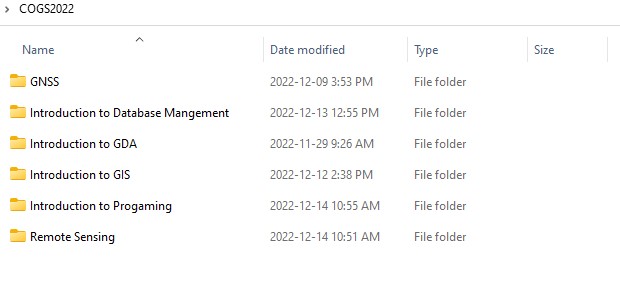 From Digital Chaos to Structure: How GIS Taught Me the Importance of Data Management
From Digital Chaos to Structure: How GIS Taught Me the Importance of Data Management
Posted 2 years ago
By Molly Ingenmey in the COGS Blog
This blog post is a reflection on how over the course of this year I have learned to embrace data management, instead of disregarding it.
Read More
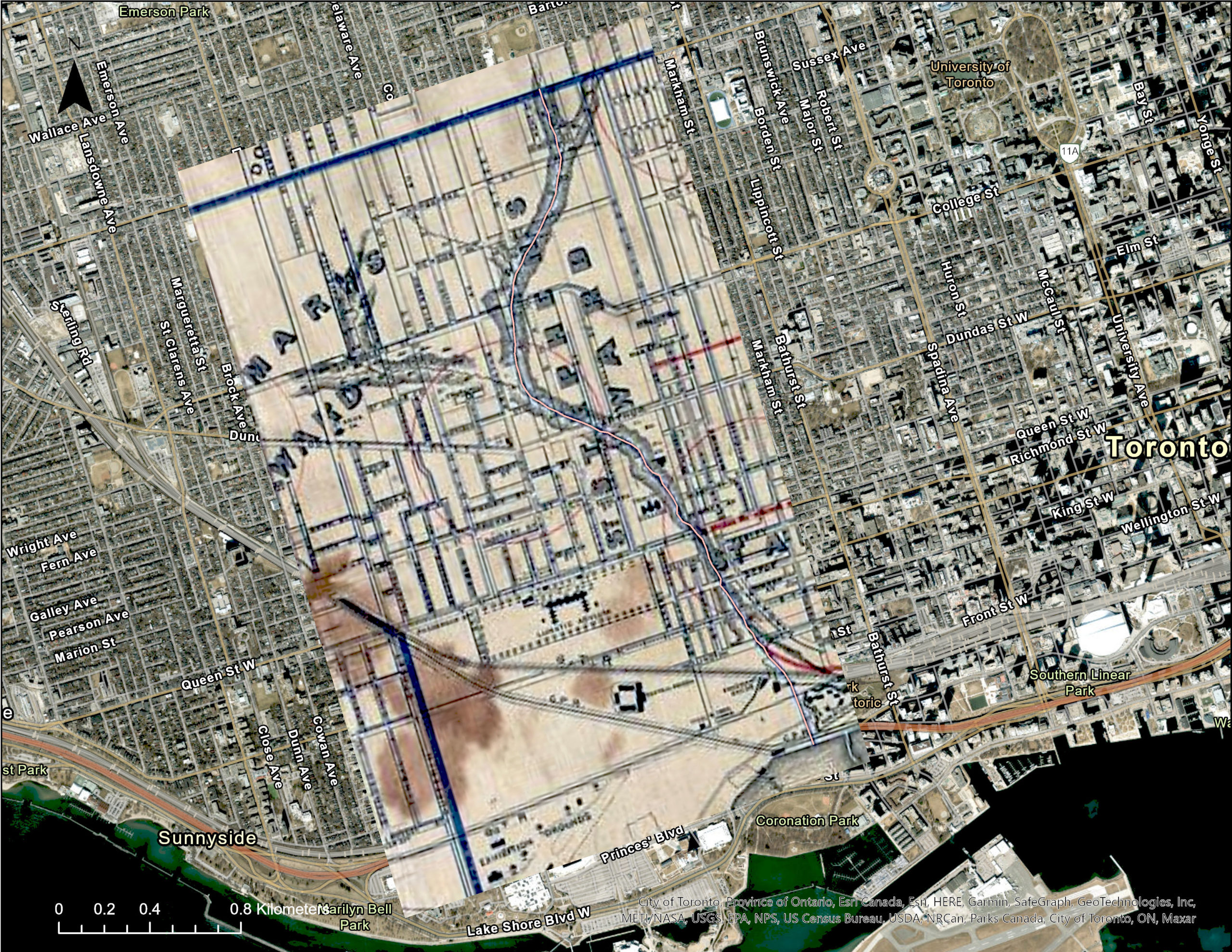 Exploring Historical and Modern Toronto With ArcGIS Pro
Exploring Historical and Modern Toronto With ArcGIS Pro
Posted 2 years ago
By Sarah Reeser in the UofT Blog
Visualizing historical and modern land use along lost rivers in Toronto.
Read More
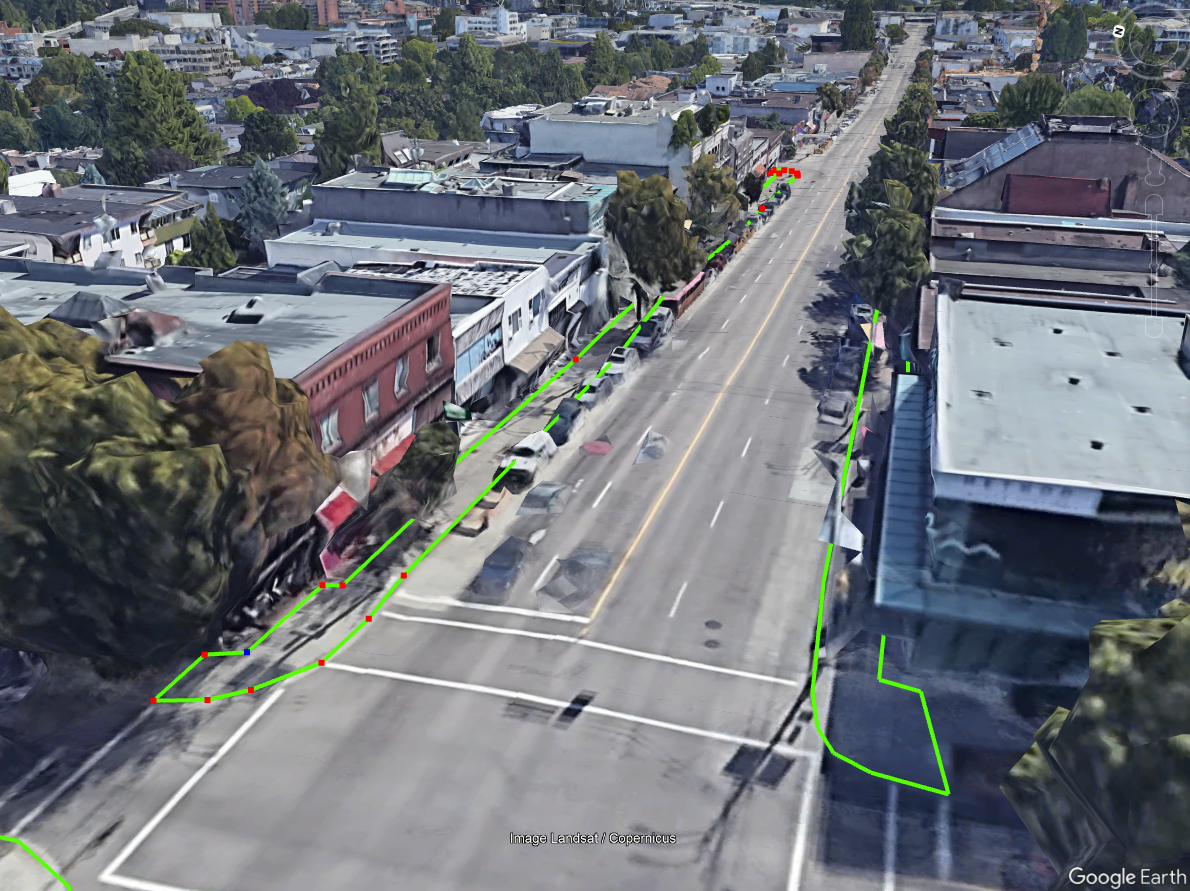 A Day in a Life of a GIS Intern at CBRE
A Day in a Life of a GIS Intern at CBRE
Posted 2 years ago
By Junior Thiensirisak in the BCIT Blog
As a BCIT Advanced Diploma GIS student, part of the curriculum involves an industry sponsored project or practicum. Earlier this year, I was fortunate and grateful to start an internship at CBRE working with their Location Intelligence team here in Vancouver, BC. CBRE is the largest commercial real estate services and investment firm globally and […]
Read More
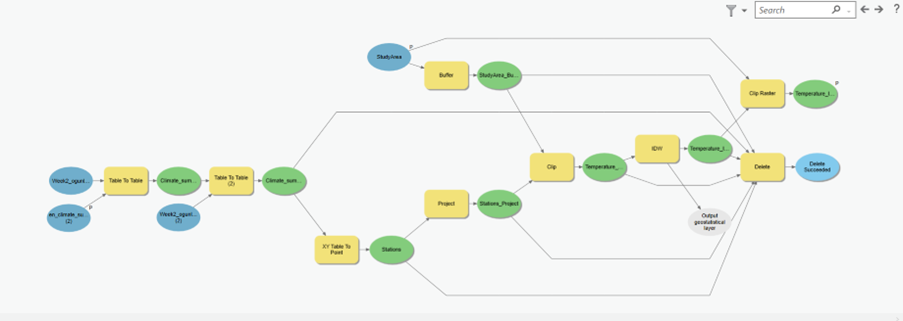 Working smarter, not harder, with ArcGIS ModelBuilder
Working smarter, not harder, with ArcGIS ModelBuilder
Posted 2 years ago
By olusegun ogunleye in the UCalgary Blog
I was introduced to ArcGIS ModelBuilder during a course lab where we were asked to design a model which could enable the interpolation of temperature values for Alberta and Saskatchewan. Aside from ensuring consistency, efficiency, and effectiveness, the ModelBuilder aids the visualization of the workflow, allows modification by setting inputs and outputs as parameters, and […]
Read More
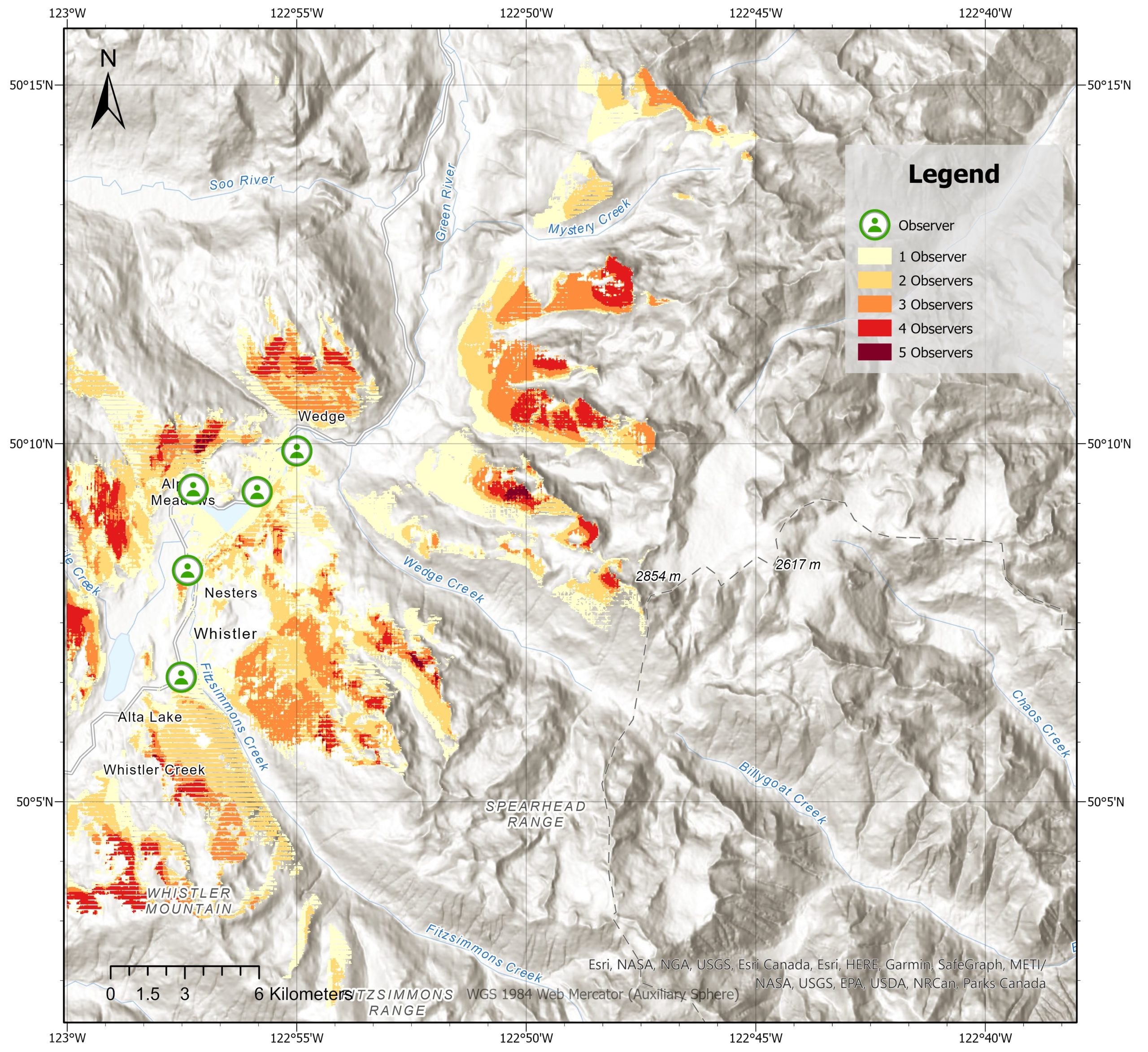 Analyzing Spatial Relationships in Mountain Regions: Visibility and Distance Analysis
Analyzing Spatial Relationships in Mountain Regions: Visibility and Distance Analysis
Posted 2 years ago
By François d'Entremont in the COGS Blog
Are you ready to be blown away by the magnificent mountains of Whistler, British Columbia? Whistler is not only famous for its stunning landscape and outdoor activities but also for being an excellent site for analyzing spatial relationships. In this blog post, we will delve into the importance of visibility and distance analysis in mountainous […]
Read More
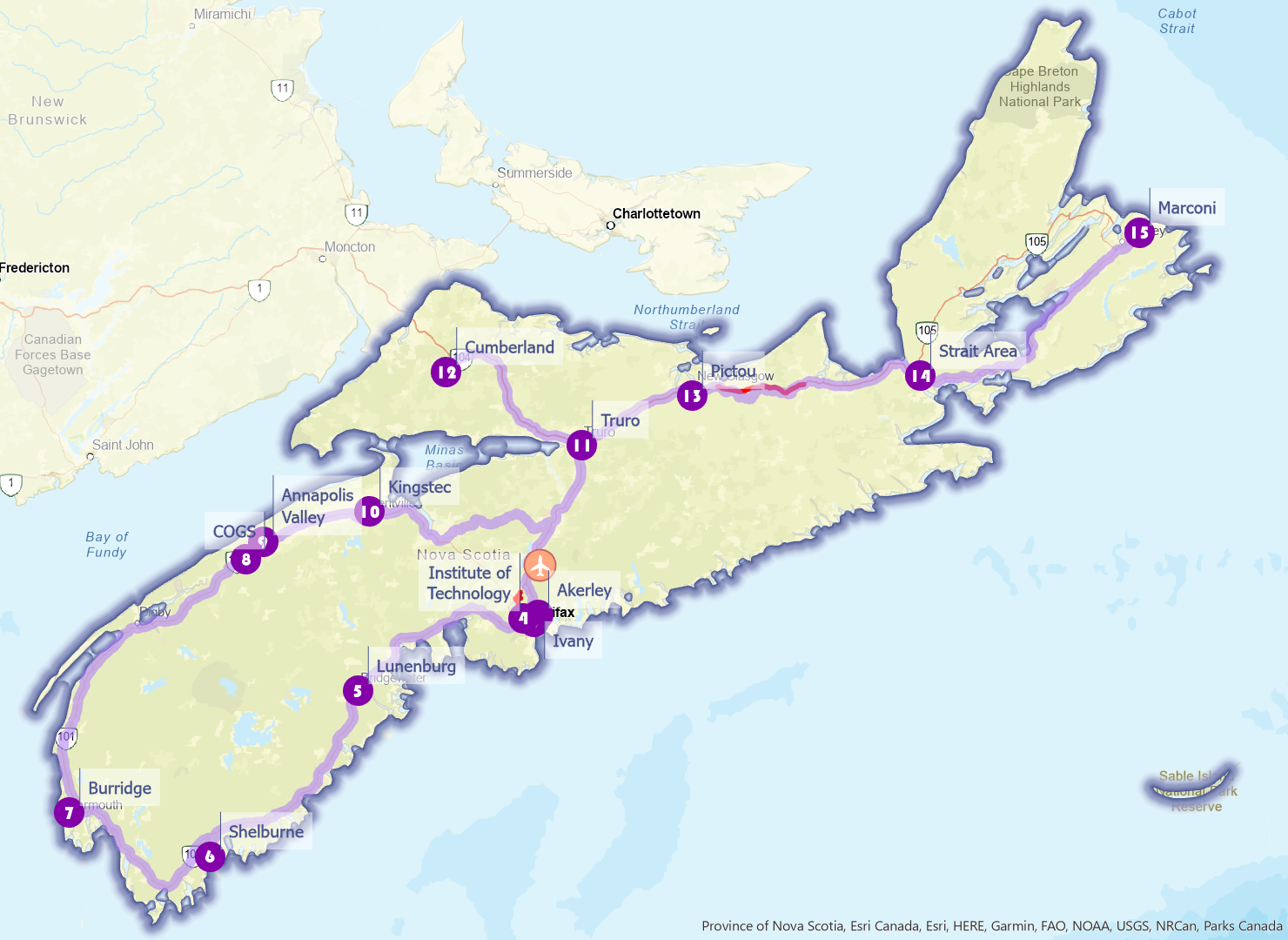 NSCC Campus Crawl – A Nova Scotia Route Optimization Guide
NSCC Campus Crawl – A Nova Scotia Route Optimization Guide
Posted 2 years ago
By Cindy Lu in the COGS Blog
In one of our Location Analytics course projects, we are asked to utilize ArcGIS Pro Network Analyst extension to identify optimal routes for subjects of our interest. Travelling has always been my passion, but logistics planning can be tricky: within a limited timeframe, how can one maximize their travel footprint? Given the landscape and infrastructure […]
Read More
 How to find frequently visited locations from human mobility data?
How to find frequently visited locations from human mobility data?
Posted 2 years ago
By Milad Malekzadeh in the Western Blog
One of the main steps in analyzing human mobility is finding the most visited locations of each person. In doing so, most researchers try to find locations where people spend most of their time. Whether we use a GPS tracking or mobile phone dataset, because of the errors pertaining to the underlying technology (e.g., atmospheric […]
Read More
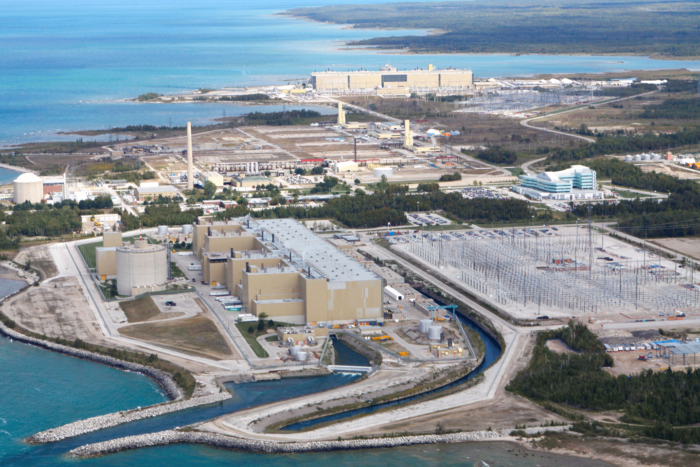 GIS Development Student at Bruce Power
GIS Development Student at Bruce Power
Posted 2 years ago
By Madina Sulaymonova in the McMaster Blog
During the winter of 2022, an amazing opportunity came my way as a co-op student who thrives in expanding her connections and skills in GIS. I landed a position to work at Bruce Power as a GIS Development Student for an 8-month work term. Located on the eastern shore of Lake Huron, Bruce Power is […]
Read More
 Using Analytic Hierarchy Process to Determine Optimal Locations for Fire Observation Towers in Iran’s Shafarood Forest
Using Analytic Hierarchy Process to Determine Optimal Locations for Fire Observation Towers in Iran’s Shafarood Forest
Posted 2 years ago
By Mersedeh Khoshkholgh in the UNB Blog
SummaryForests have been seriously affected by fire; therefore, it is necessary to detect fire from the observation towers. Currently, the number of observation towers and the effectiveness of their distribution is unknown. The aim of the current research is to determine the current and potential areas that can be seen from the observation towers. Another […]
Read More
 Where is the Carbon? Spatially mapping carbon on the seafloor
Where is the Carbon? Spatially mapping carbon on the seafloor
Posted 2 years ago
By Catherine Brenan in the Dalhousie Blog
Hi everyone! My name is Catherine Brenan and I am an undergraduate student completing a combined honours in Environmental Science and Chemistry with a certificate in GIS at Dalhousie University. I am doing my research in the Oceanography department, specifically examining how to spatially map carbon on the seafloor in the Eastern Shore Islands. Background […]
Read More
 From Digital Chaos to Structure: How GIS Taught Me the Importance of Data Management
From Digital Chaos to Structure: How GIS Taught Me the Importance of Data Management










